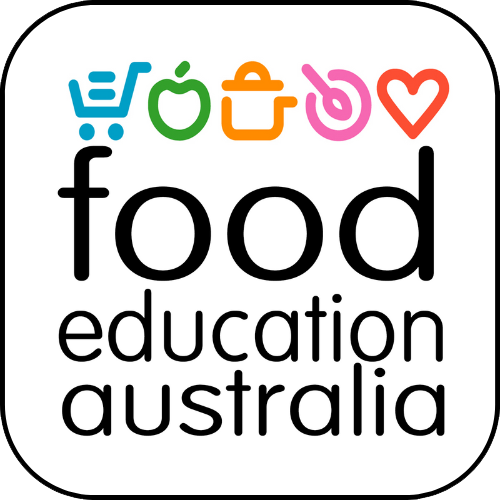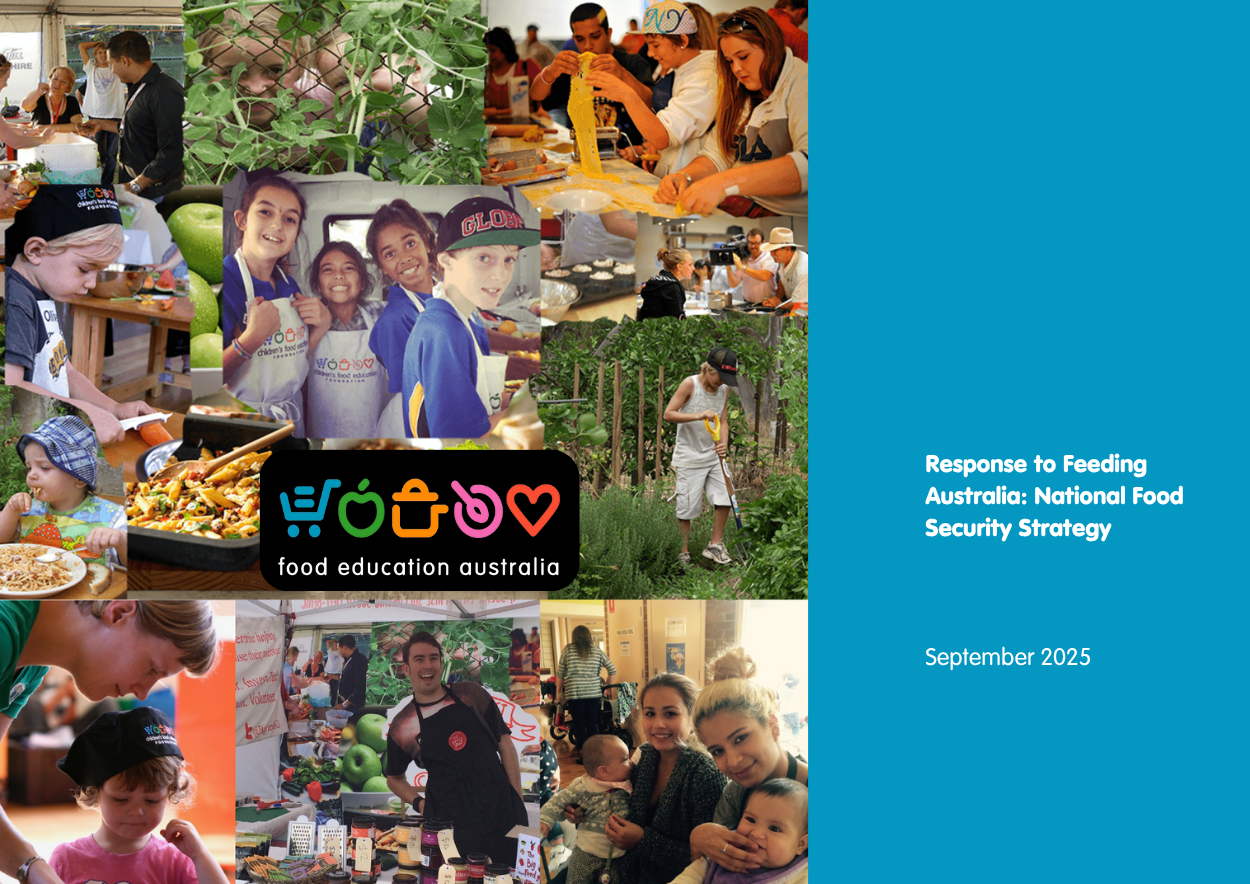In 2025 the Australian Government began the process of creating a National Food Security Strategy and issued a discussion paper.
Our response recommended that the Government embed food education as a central pillar of the strategy, recognising it as a driver of both nutritional security and social cohesion.
And our provocation is this: if Australia is already considered a food secure nation, then the task ahead is to create food justice to ensure fairness, equity, dignity, and agency become central outcomes of the food system, not just supply.
Our Vision is a future where Australians are nourished, connected and resilient as they ignite lasting, sustainable change in the places they call home. Our Mission is to improve wellbeing through food education, helping Australians thrive and lead the way in building fair, sustainable food systems.
For nearly two decades, FEA has delivered food education programs across Australia, empowering vulnerable communities with skills in cooking, gardening, budgeting, entrepreneurship and digital literacy.
Our work has demonstrated that food education is not only a tool for nutrition, but also for youth and community empowerment, mental health, resilience, and social inclusion. A substantial body of evidence shows that food education is a powerful but under-utilised tool for prevention, resilience, and equity.
Charitable Status:
The Foundation exists as a not-for-profit health promoting charity in the form of a Public Company and has been endorsed by the Australian Taxation Office to apply charity tax concessions (we have DGR1 Status and can give you a tax deductible receipt in return for donations $2.00 and over.) We are governed by our Constitution; the most important clause establishing our goals, aims, objectives and direction is our charitable purpose.
Charitable Purpose:
Promoting an understanding of food, health, nutrition and healthy food choices in order to prevent and/or control obesity and/or the diseases medically linked or associated with obesity including, but not limited to Type 2 Diabetes, Asthma, Coronary Heart Disease and Depression.
Facilitating, coordinating and supporting the development and dissemination of information and learning resources in relation to food, health, nutrition and healthy food choices;
Developing resources for use by people who may be impoverished, sick or disadvantaged, or for use by schools or other relevant persons or institutions who can deliver food education initiatives which promote an understanding of food, health, nutrition and healthy food choices;
Monitoring, evaluating and disseminating research knowledge in an accessible form so that it can be better used by policy makers, practitioners and educators.


